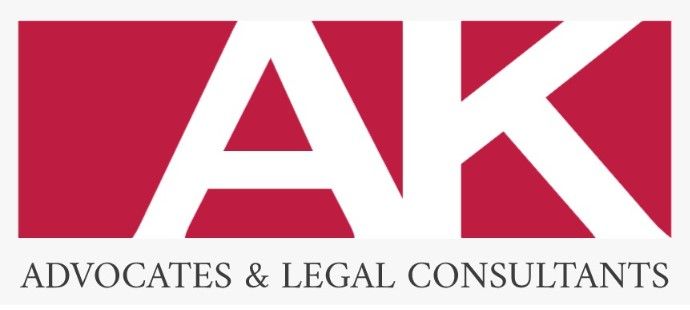Enforcement of the Anti-Bribery Law for Foreign Government Officials
For the first time in Israel, enforcement of the law to prevent bribery of foreign government officials made executed.
Acts of corruption and bribery pose a threat to democratic institutions and can undermine the rule of law and undermine international economic development. For years, Israel has been committed to combating corruption and promoting normative values of integrity and integrity and creating mechanisms to eradicate corruption. Israel, like many other countries, is a member of the OECD Convention on Combating Bribery of Foreign Public Employees in International Trade Transactions (OECD Convention on Combating Bribery of Foreign Public Officials in International Business Transactions) and the United Nations Convention against Corruption (UNCAC- UN Convention against Corruption).
The concept underlying the obligation of the various countries to combat corruption in general and to bribe a foreign public servant in particular is that corruption and bribery are cross-border phenomena that undermine good governance and economic development, and distort the conditions of competition in the international market, and therefore a comprehensive and multidisciplinary approach is needed to prevent phenomena As international globalization intensifies and international trade expands, those engaged in international commercial activity face complex trading conditions exposed to bribery and corruption. One of the measures taken by the State of Israel to increase the struggle against corruption is the establishment of a special offense of bribery of a foreign public servant.
The offense of bribery of a foreign public servant, which is set out in section 291A of the Penal Law, 5737-1977, states that: "A person who gives bribes to a foreign public official for an activity related to his job, in order to obtain, secure or promote business activity or other advantage in respect of business activity, Giving bribes ... "
The maximum penalty for the offense of bribing a foreign public servant is seven years in prison and a fine, which today amounts to NIS 1,000,000 per person and NIS 2,200,000 to a corporation or four times the value of the benefit obtained or intended to be obtained through the offense. However, since the enactment of the amendment to the Penal Law, no indictments have been filed in Israel under this section, and Israel has been one of the few OECD countries that has yet to be charged for bribery of foreign government officials. The OECD and NGOs have often criticized Israel in this regard.
Last week, Israel entered a new era in its fight against bribery of foreign government officials. For the first time in Israel an indictment was filed against an Israeli company for bribery of a foreign public servant. N.I.P. Pikov International Projects Ltd. reached a plea bargain in which the Company pleads guilty to the offense and will be fined NIS 4.5 million and other sanctions.
NIP was accused of promoting its business in the state of Lesotho, a country located in the southern part of the African continent, by paying bribes of more than $ 500,000. In addition to the monetary fine, the Company and its officers undertook to cooperate fully with law enforcement agencies in Lesotho and to adopt a compliance program to prevent corruption, including mechanisms of supervision and control that will prevent the recurrence of the offenses.
According to the indictment, between 2010 and 2012, the company employed local agents to promote its winning in a government tender for a project to develop and implement a population registry system, border control and electronic certificates. The indictment also states that in order to secure the win in Lesotho, the company hired the services of a local broker named Maoka, who is close to Lesotho's Interior Ministry director general in the relevant period, The defendant, according to the indictment, transferred to the intermediary about $ 500,000 in 4 installments - against invoices that were forecast to be consulting invoices, with most of the money paid to the CEO, and the company also acquired a cellular phone for the CEO, In addition, at the beginning of 2012, the company signed agreements with the Lesotho government for the systems, the value of which is not less than US $ 30 million, .
In recent weeks, the enforcement of a new anti-bribery law in France, which expands the alternatives of punishment by the French authorities and the publication of ISO 37001 International Standard for Anti-Corruption Management Systems, has been added to a number of significant events in recent months. This indictment puts a spotlight on the problematic nature of operating third parties in countries around the world who are supposed to be in contact with government officials. At the same time, it is clear that operating these intermediaries for legitimate business purposes is permitted and even vital to business in many places.
Question mark: How can a company protect itself from these risks in its international activities? The accepted practice in the world is to build, adopt and implement an anti-corruption compliance program and to establish working procedures in the relevant areas that meet the accepted global standards.
Our recommendation: Every customer who conducts international activity with foreign (national and local) government authorities, whether as customers or as regulators, will build and implement a compliance plan that is adapted to the organization and meets the international standards required to protect the organization, its managers and employees from criminal and civil liability for actions taken for the company against The same government.


